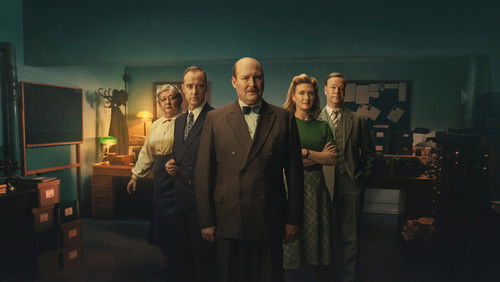Toni (1935)
5KToni: Directed by Jean Renoir. With Charles Blavette, Celia Montalván, Édouard Delmont, Max Dalban. In the 1920s, the Provence is a magnet for immigrants seeking work in the quarries or in agriculture. Many mingle with locals and settle down permanently – like Toni, an Italian who has moved in with Marie, a Frenchwoman. Even a well-ordered existence is not immune from boredom, friendship, love, or enmity, and Toni gets entangled in a web of increasingly passionate relationships. For there is his best pal Fernand, but also Albert, his overbearing foreman; there is Sebastian, a steady Spanish peasant, but also Gabi, his young rogue relative; there is Marie, but there is also Josefa.
“A booming Provence draws workers from Spain and Italy, among them Charles Blavette. He quickly acquires a job at a quarry and a wife, Jenny Hélia, but nurses a passion for the sluttish Celia Montalván, When her uncle dies and Blavette is adamant that he will carry out his wishes that Blavette do his duty as Celiau0026#39;s daughteru0026#39;s godfather, his life goes to pieces. He thinks he can put it together again with a hare-brained scheme that involves Celia, the baby and him running away to South America, but there are complications in her household he doesnu0026#39;t imagine.u003cbr/u003eu003cbr/u003eJean Renoiru0026#39;s frequently overlooked movie is competently done, but ignored because, although it clearly has film noir elements in it, including the usual femme fatale, everyone is. to put it unkindly, so stupidly selfish as to be unworthy of much dramatic consideration. The situations go beyond pathos into bathos, and if it were not for the grace notes that Renoir inserts into the production, like the workersu0026#39; songs, and the actorsu0026#39; ability to inhabitant these foolish characters, it would not be worth the time to look at the movie.u003cbr/u003eu003cbr/u003eItu0026#39;s a well-meaning effort, based on some ethnographic notes that an old school friend of Renoiru0026#39;s, Jacques Levert took; Marcel Pagnol is listed as executive producer, so clearly someone thought that this was something on the order of the Fanny trilogy in showing the lower classes as they really were. Unfortunately, it shows them as dopes and little more.”









